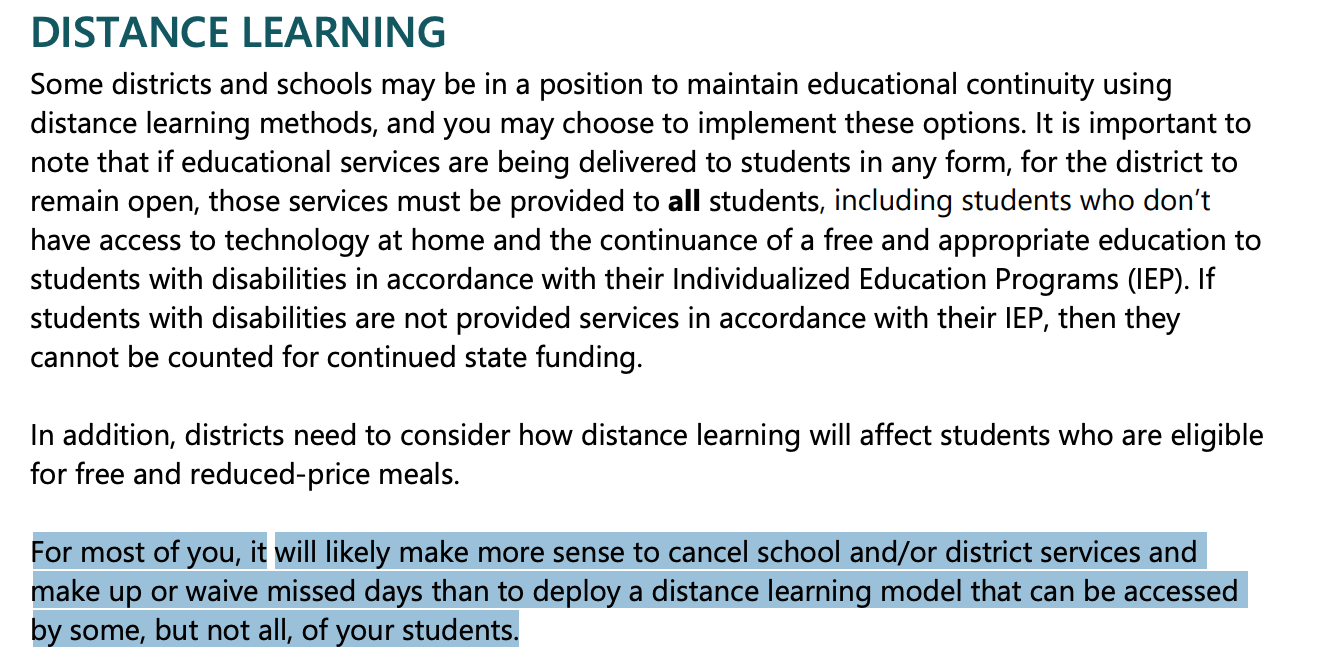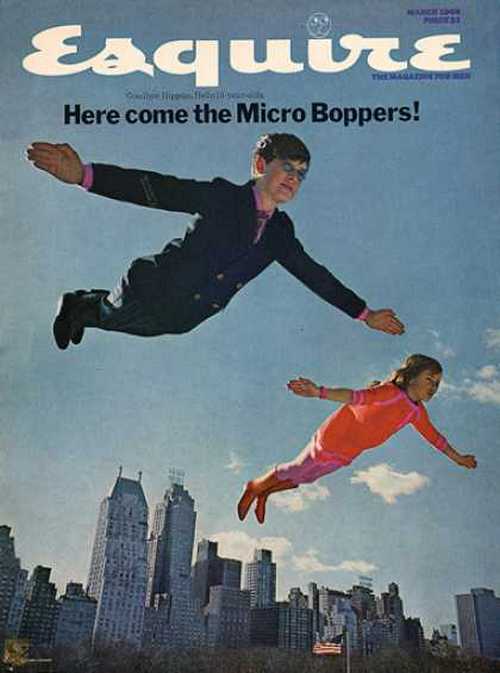Using a mixed-methods, and multi-framework approach — social movements and participatory politics — Rogelio Lopez examines notable instances of youth protest and contextualizes them within broader movements to center and prioritize generational and intersectional social justice claims and grievances.
Justin Reich’s thread: “The #1 question is ‘how will you support your most struggling students?’”
“A growing body of evidence suggests that online learning works least well for our most vulnerable learners.”
Podcast and video: Marina Bers, “Coding in Early Childhood: Storytelling or Puzzle Solving?”
Bers describes current research on a pedagogical approach for early childhood computer science education called “Coding as Another Language”.
Marina Bers, “Coding in Early Childhood: Storytelling or Puzzle Solving?”
Prof. Marina Bers will describe current research on a pedagogical approach for early childhood computer science education called “Coding as Another Language”.
Just Say No to “Just Say No”: Tensions in Organizational Approaches to Youth and Online Privacy in the Americas
This thesis examines organizational practices in the field of youth online privacy in the Americas. Mariel García-Montes describes harms created by protective, universalist, individualistic approaches that pose youth as conditional citizens, and makes a case for approaches based instead on youth agency, intersectional views of privacy, collective responsibility, and the recognition of youth as subjects of rights today.
Video and podcast: “The Turn to ‘Tween’: An Age Category and its Cultural Consequences”
How are “tweens” represented in popular culture? And how does this relatively new category deal with race, class, and gender identity?
The Turn to “Tween”: An Age Category and its Cultural Consequences
How are “tweens” represented in popular culture, including music, television, and YA literature? And how does this relatively new age category intersect with–or elide–issues pertaining to race, class, and gender identity?







